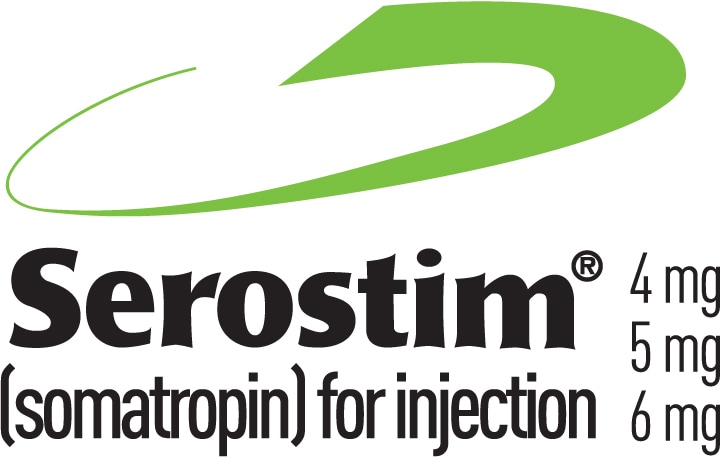You are about to leave Serostim.com and are being redirected to another website. Click “Go Back” to stay on Serostim.com. To continue to get the free Medisafe app, click “Get App”.
Download Medisafe, a free third-party app, to track unintended weight loss, manage medications, see appointments, and access other reminder tools and info. If prompted for a verification code, please enter CARE.
Available for both Android and Apple devices




